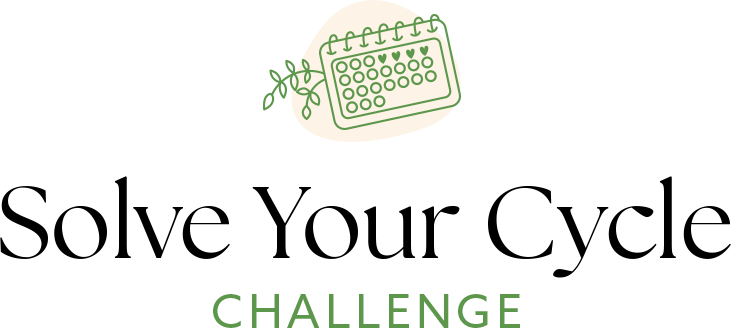Tests
Below, you’ll find a list of tests. The relevance of each test depends on any symptoms you might be experiencing, with some tests being more specific to certain conditions and others being more general. If you are covering the cost of your tests, you may prefer to selectively choose which ones you undergo; of course, you are welcome to do all of them if you wish.
Generally useful blood tests include:
- FBC – full blood count, offers useful insight into many general health parameters
- Iron studies – please make sure this includes ferritin, which is iron storage
- Cortisol – a stress hormone and an anti-inflammatory; do the test when the pathology lab opens (first thing in the morning) or opt for a saliva test. This can offer insight into ongoing stress and/or burnout.
The following tests may be beneficial for clarifying cycle challenges.
Ideally, these tests are conducted one week before menstruation begins. For example, if your cycle is 28 days long, you would have the test on day 21; if your cycle is 35 days long, test on day 28. If you are perimenopausal and your cycle has become unpredictable, there is no need to test these particular hormones on a particular day.
- FSH – follicle stimulating hormone
- LH – luteinising hormone
- Estradiol – a type of estrogen
- Progesterone – made primarily after ovulation
- Testosterone – made by both men and women, just in different amounts
- Androgens – male sex hormones (testosterone is one androgen, there are numerous others)
- SHBG – sex hormone binding globulin
If you suspect your thyroid isn’t working optimally:
- TSH – thyroid stimulating hormone
- Free T4 – a hormone made by the thyroid – inactive
- Free T3 – a hormone made by the thyroid – active
- Anti-TPO – anti-thyroid peroxidase, an antibody
- Anti-TG – anti-thyroglobulin, an antibody
If you have a known thyroid problem and you still don’t feel good despite treatment (medication or otherwise), and you have not been tested for coeliac disease:
- TTG – tissue transglutaminase (a test for coeliac disease)
Additional nutrients to offer more insight:
- Vitamin B12
- Vitamin D
- Urinary iodine
- Zinc
If you suspect insulin resistance, which tends to be present if we have abdominal fat accumulation that doesn’t seem to budge easily:
- Fasting blood glucose (BGL) + fasting insulin (first thing in the morning, when pathology opens)
- Cholesterol + triglycerides (fasting)
- Liver function tests (fasting) – these don’t show what I refer to as “congestion” but show damage to liver cells
If you choose to have some tests done, you can pick and choose from the list above (or have all of them done). To get a complete understanding of what could be impacting on your cycle, I would recommend doing the group of sex hormones (seven days before your period is due) and thyroid tests, along with your iron studies and iodine levels. Leave out the thyroid tests and urinary iodine tests if you need to limit the tests due to cost, and just do the sex hormones and iron studies.
Understanding test results can be incredibly empowering and helps you to take more ownership of your health at an even deeper level. You can do this with your GP. Or you may like to have a consultation with Jenny Brooks, the senior practitioner at the Dr Libby Clinic who has been with me for the last 12 years. You can read more about Jenny here: https://www.drlibby.com/clinic/.

